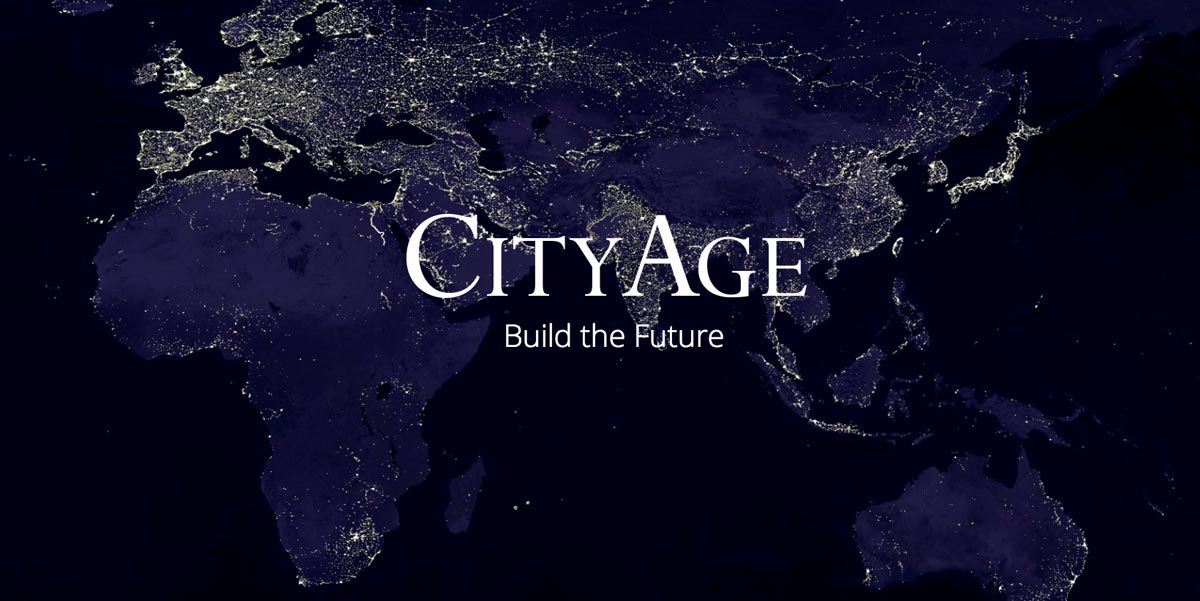
We live in the age of cities with the most rapid urban migration in history. It’s creating business opportunities and ideas at unprecedented speed. In 2013, half of the world’s population was living in cities. In just five years, half of Asia’s population will be living in cities. By 2035, half of the Africa’s population will be living in cities. By 2050, the number of people living in cities is expected to grow from 3.6 Billion to 6.3 Billion. And consider this: more than 50% of that urbanization will involve cities of less than 500,000 people - like Kansas City.
With these staggering stats, there exists an increased demand for intelligent, sustainable environments that reduce environmental impact and offer citizens a way to co-design a better, higher quality of life. A smart city can stitch together technology, government and society in a way that fosters social impact, and helps shape a community with these key characteristics:
- a smart economy
- smart mobility
- smart environment
- smart people
- smart living
- smart governance
When executed successfully, inclusion of smart city technology in a city’s urban planning can positively affect nearly every area of that city’s future growth and development. The most powerful smart cities will be those where technology companies, city leaders and citizens collaborate to to identify smart city needs and applications and propose solutions to the city’s unique problems.
Guess who’s coming to Kansas City? (Again!) CityAge is bringing their platform of national, city-building events that assemble leading decision makers, thinkers and investors who are building urban economies and societies back to KC on October 29-30. I will be there. And I’m lucky enough to be joining a discussion on smart utilities in smart cities. We will wade into what’s happening now, what’s coming down the pike, and we’ll explore how the community of practice we’re building in KC is an exemplar for other smart cities.
Check out this exciting event and come explore “The New American City.”

